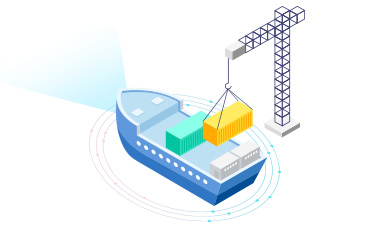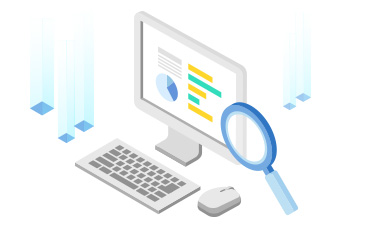
Welcome to the website of the Korea Autonomous Surface Ship Project office
KASS Business group leader 

Maritime Autonomous Surface Ship (MASS) is a value-added ship of the future that encompasses Internet of Things, big data and Artificial Intelligence that are the key technology of the 4th Industrial Revolution. The goal of the Korea Autonomous Surface Ship (KASS) Project Office aims to successfully develop core technology for MASS in order to promote national interest by creating a synergy effect among shipping, shipbuilding and relevant industries.
Self-driving ships are evaluated as a pick-up technology in the ship field that can realize the lead of the future smart maritime era and a new leap forward in the shipbuilding and offshore industry, and about 1,550 in the coming 2025 amid the remarkable growth of the autonomous ship market. As the market is expected to expand to billions of dollars, projects to develop and demonstrate the core technology of autonomous ships are actively underway in marine powers.
In line with this global trend, the'Autonomous Ship Technology Development Project' aims to develop commercialization technology at the level of'IMO Level 3', which is the core technology of autonomous ships, such as autonomous navigation intelligent navigation system, engine automation system, and system demonstration technology. We plan to develop and perform comprehensive performance tests.
Currently, the core technology of autonomous ships that combines ICT convergence technology with the world's best domestic shipbuilding and design technology is expected to greatly contribute to securing the competitiveness of autonomous ships comparable to the world. It is expected to contribute to improving the reliability of domestic equipment by delivering products that have secured safety through step-by-step performance verification of the operating vessel advanced detection and intelligent system.
In addition, as it can replace the role of seafarers, safety is dramatically improved by improving the working environment in the future, remote control on land based on real-time monitoring of maritime conditions and ship conditions during operation, and support for accident response, and international regulation and international standardization of autonomous navigation. We are proud to be able to play a leading role in development.
Our project team will do our best to close the technological gap with Europe, which was promoting relatively advanced technology development, while contributing to the development of the national economy through continuous technology development.







